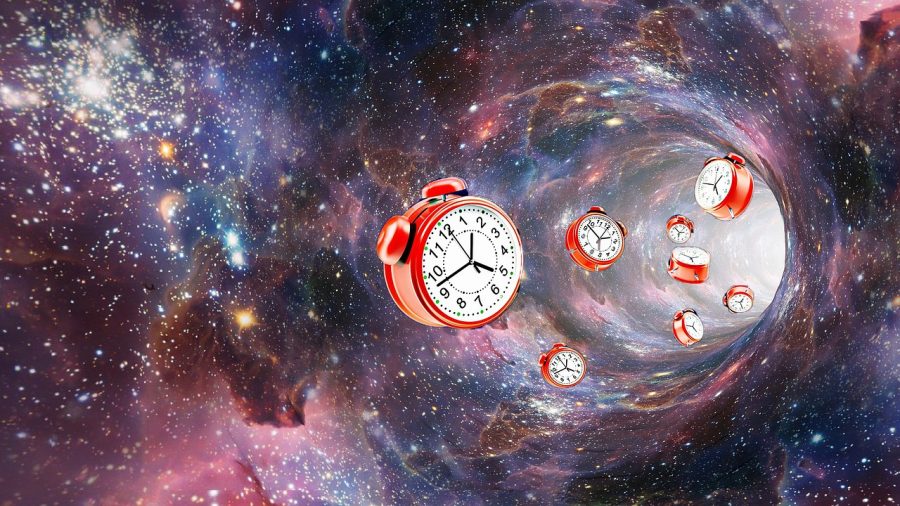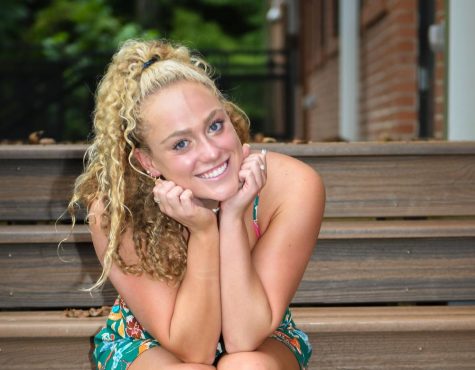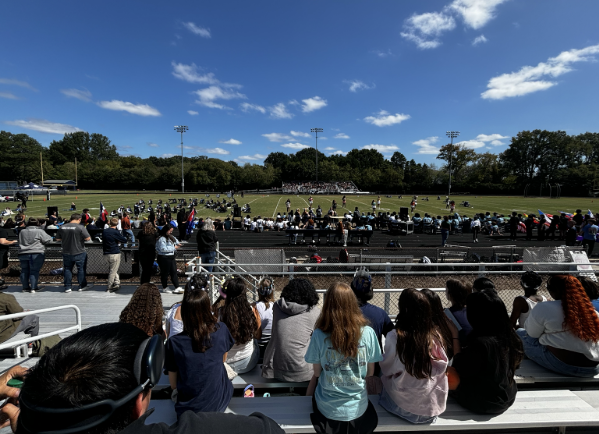Daylight Savings: Can it really affect your health?
Seasonal depression is characterized by intense sadness in fall and winter months when Daylight Savings begins, causing darkness to come sooner in the evenings. This mental health concern could lead to students feeling much like the picture represents, as if they are on a downward spiral.
November 1, 2020
The time of the year that is dreaded by many has arrived once again. Every November, as the clocks fall back an hour, citizens of the United States experience shorter days, longer nights, and overall, an increase in the number of mental and physical health issues. Whether it is realized or not, Daylight Savings Time (DST) brings with it a plethora of problems. Although DST is necessary for energy conservation and is utilized by over a quarter of the world, the time switch results in both short-term and long-term effects on the mental health of citizens.
You may be thinking to yourself, how? For starters, falling back an hour can throw off well-established routines. It is true that going back one hour this Sunday at two A.M. will allow for extra sleep, which is overwhelmingly recognized as a good thing in the US. However, even gaining sleep can lead to drowsiness or feeling a little off. Sleep is linked to every function of the body, all of which are controlled by an internal clock, also known as one’s circadian rhythm. When a person’s schedule is thrown off compared to the way they might normally operate, cognitive performance declines. Even small disruptions in sleep routines can cause one to become more accident-prone. As a matter of fact, in 1999 a comprehensive study performed over the course of twenty-one years was published by Stanford and Johns Hopkins researchers. This study found that in fatal car crashes, 5.3 more deaths occured on Mondays that followed a Daylight Savings switch compared to an ordinary Monday.
While schedule interruptions and drowsiness are important to consider, there are some Daylight Savings related struggles that are even more pertinent. In the year 2020, mental health awareness grew to new heights, as it should have, due to the fact that mental health cases have reached an all-time high. In the past few days, experts have stated that our country is on the verge of a mental health crisis and claimed that the country should expect for the already-historic number of mental health problems to rise in the next few days. The COVID-19 pandemic is largely to blame for this, and combined with the upcoming Daylight Savings time switch, psychologists expect another peak in depression rates to come.
Many people who have difficulties with their mental health cite Daylight Savings as a key contributing factor, or sometimes as the only factor. Senior Aminata Cham is a student who has personally been impacted: “Daylight Savings affects my body drastically. Around this time, I am playing basketball almost everyday while also managing school and work. This makes me emotionally, physically, and socially drained. I do experience seasonal depression, but this is only because I have so much on my plate around this time of the year.” Aminata is not alone in experiencing seasonal depression, or Seasonal Affective Disorder, which occurs when there is less sunlight at certain times of the year. There have been countless studies over the years linking increased darkness to increased suicide rates and depression. It has also been proven that these statistics are more likely to affect adolescents, so beware teens! Some ways to combat seasonal depression include exercising early in the morning when it is light outside and maintaining as normal of a schedule as possible. Take care of yourselves as it gets darker, Wildcats!












